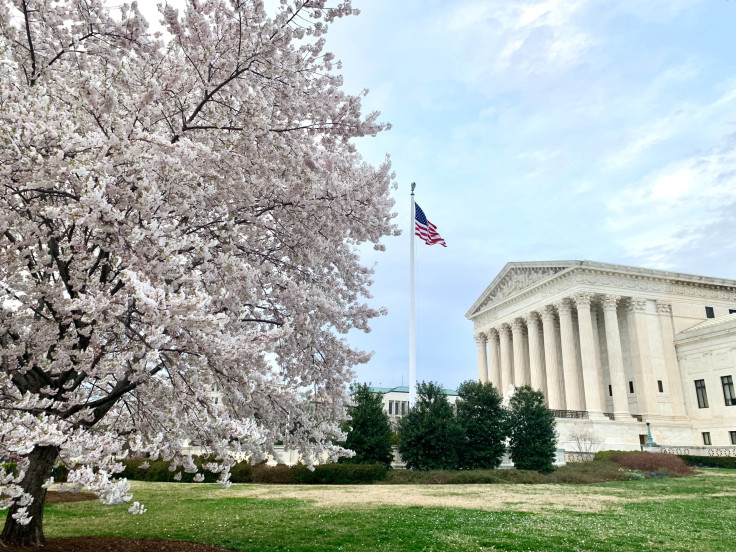As the United States Supreme Court mulls over two cases that could effectively end affirmative action in schools, a Californian university that rejected affirmative actions shows it negatively affects the admission of Hispanic and other marginalized communities in the school.
The Supreme Court currently has two cases on its docket that challenges the lawfulness of affirmative action, a practice used in colleges and universities that gives opportunities for marginalized people, including Hispanics and Asians, to go to these schools and add diversity to the proceedings, the Virginia Mercury reported.
Among the champions of taking away affirmative action is conservative Judge Clarence Thomas, who has claimed that there are “educational benefits” to not going to racially-diverse schools. Among the dissenters is Justice Ketanji Brown Jackson, who highlighted that the potential of a student may not be as easy to see when the conditions of their background are not taken into consideration.
“What I am worried about is … the context of a holistic review process of a university that can take into account and value all of the other background and personal characteristics of applicants, but they can’t value race,” she said.
Due to the looming threat of a ban on affirmative action due to two Supreme Court cases still being mulled over by the public, the UC President Michael V. Drake and all 10 chancellors submitted an amicus brief in support of affirmative action, saying that the university’s “experiment” on taking away the program ended up reducing the diversity of the student body irreparably despite their best efforts, according to the Los Angeles Times.
“Those programs have enabled UC to make significant gains in its system-wide diversity,” the brief said. “Yet despite its extensive efforts, UC struggles to enroll a student body that is sufficiently racially diverse to attain the educational benefits of diversity.”
The UC in 1995 had eliminated affirmative action from their school after decades of efforts from the White community to get rid of racial quotas in the university. The state also passed a law, Proposition 209, to curb affirmative action permanently in the state.
“The lack of diversity in the classroom had a negative impact on my learning as a student,” former UC student William Kidder said. “The range of viewpoints and quality of discussion about ideas were inhibited.”
“Race-neutral alternatives right now can’t make up the difference, so all students at those schools would be denied the benefits of learning in a diverse educational environment. And because college is the training ground for America’s future leaders, the negative consequences would have reverberations throughout just about every important institution in America,” DOJ solicitor general Elizabeth Prelogar said.
“You are talking about the devastation of the American admissions process for students of color, full stop,” Pomona College President G. Gabrielle Starr remarked. “Affirmation action is hands down the best tool we have for maintaining racial and ethnic diversity in colleges in the United States.”

© 2025 Latin Times. All rights reserved. Do not reproduce without permission.





